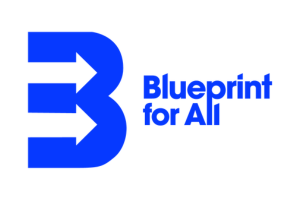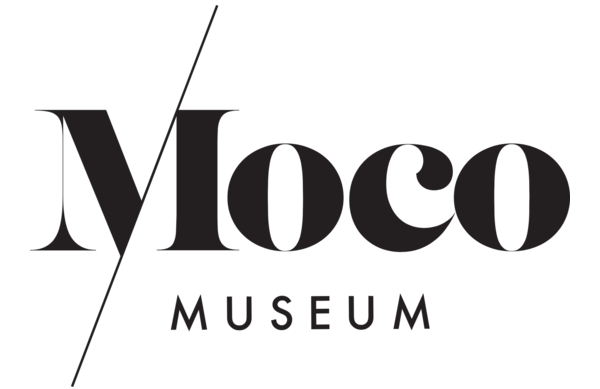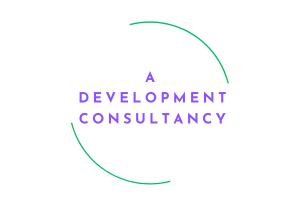Making the case for coaching beyond the boardroom
Support all employees to feel empowered, capable and confident to do their best work.
 Coaching has long been associated with high-powered executives and C-suite leaders, but its benefits extend far beyond the boardroom. In today’s fast-paced and ever-evolving work environments, coaching is a valuable tool for professionals at all levels – from entry-level employees, newly promoted managers, high performers who might be a ‘flight-risk’ and an often-under-supported group of essential employees – Personal and Executive Assistants. So, let’s make the case for coaching beyond the boardroom.
Coaching has long been associated with high-powered executives and C-suite leaders, but its benefits extend far beyond the boardroom. In today’s fast-paced and ever-evolving work environments, coaching is a valuable tool for professionals at all levels – from entry-level employees, newly promoted managers, high performers who might be a ‘flight-risk’ and an often-under-supported group of essential employees – Personal and Executive Assistants. So, let’s make the case for coaching beyond the boardroom.
LinkedIn, for example, has implemented one-on-one coaching for all employees, moving beyond the traditional focus on senior executives. Teuila Hanson, LinkedIn’s CPO explains: “We see personalised coaching as more than a perk — it’s a strategic investment that helps employees build the skills they need to thrive.”
Career progression is no longer linear, and this is a challenge for organisations whose workforce have unique personal and professional needs. Coaching fosters personal growth, enhances skills, and empowers individuals to navigate challenges with confidence. It is tailored support to help you unlock your potential and achieve your goals. Coaching empowers people, regardless of grade, enhances their development, and creates a culture that inspires loyalty and sustained performance.
If coaching’s not just for the boardroom, who might benefit?
Fostering engagement and growth for newly promoted managers
Coaching newly promoted managers is particularly beneficial as it helps them transition smoothly into their new roles and responsibilities. These individuals often face challenges such as managing former peers, setting strategic goals, and adopting a leadership mindset. Through coaching, they gain the skills to navigate these complexities, build confidence, and establish credibility with their teams. Coaching ensures that new managers are equipped to lead effectively, reducing the risk of burnout or turnover.
Enhancing relationships and trust for flight-risks
Particularly important for organisations undergoing restructuring and redundancies. Regular coaching interactions build stronger relationships between staff and their leaders. These conversations go beyond task management, delving into career aspirations, personal strengths, and areas for improvement help to build trust. For top performers, this trust translates into a sense of security and belonging, reducing the likelihood of them seeking opportunities elsewhere.
Giving Recognition and Support to PAs and EAs
These employees often operate in high-pressure environments where their contributions can easily be overlooked. Often, they are asked to undertake significant projects or programmes of change. Coaching offers a structured avenue for recognizing their achievements and addressing any challenges they face. This is tailored professional development that can help them to feel rewarded and more confident to support their organisations.
Developing Leadership Pipeline with High Performers
Coaching staff at all levels also identifies and prepares future leaders within the organization. These employees thrive in environments that challenge and stimulate them. Coaching satisfies their need for growth and is a key driver of retention. High performers are often prime candidates for advancement, and coaching equips them with the skills and mindset needed to transition into leadership roles.
Conclusion
By providing personalised support, fostering trust, and creating a culture of recognition, organisations can ensure their top performers remain engaged, fulfilled, and committed.
“It all starts with a conversation.”
Chrissie Saunders, Senior Learning and Development Consultant
If you would like to discuss coaching for you or your team, do get in touch and one of our consultants would be happy to have a chat.




